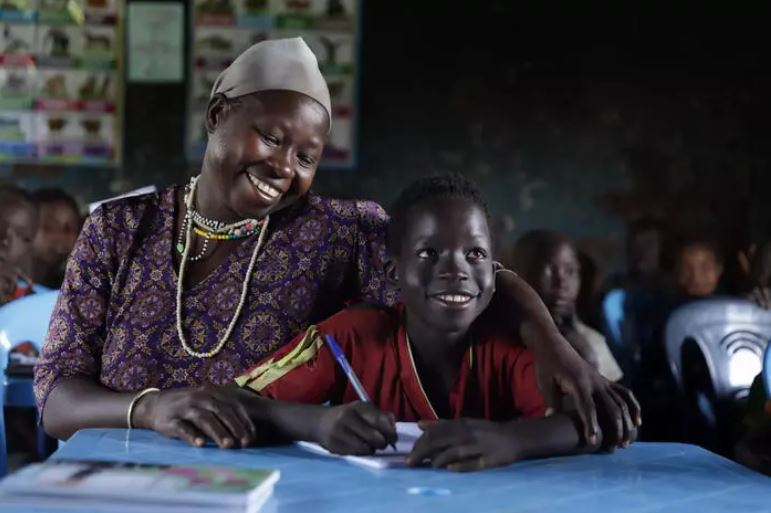Denmark: Siltanews – News Desk
The Ministry of Foreign Affairs of Denmark, the LEGO Foundation and the Grundfos Foundation will combine resources and expertise to support the education and wellbeing of refugee and internally displaced children.
A coalition from the Danish public and private sectors has partnered with UNICEF and the Government of Ethiopia to support the education and wellbeing of refugee and internally displaced children in the Benishangul-Gumuz region.
Multiple humanitarian crises, including climate-induced droughts and floods, disease outbreaks and conflict are driving mass internal displacement in the region, as well as an influx of refugees from neighbouring countries. The daily lives of both internally displaced and refugee children have been heavily disrupted, with many dropping out of school and being exposed to harmful practices. As of November 2024, 14 percent of school-age children in Benishangul-Gumuz were not enrolled in class.
Over the next three years, the partnership will draw upon the investment and expertise of each partner to support a range of complementary interventions in pre-primary and primary schools in host communities, refugee camps, and internally displaced people settlements. The programme integrates gender and climate-responsive education, child protection, learning through play, mental health and psychosocial support and water, sanitation, and hygiene (WASH).
“During my visits to the African continent, I have met determined young people with great hopes for the future. For these hopes to materialize, better access to quality education is crucial. This is why Denmark works together with the LEGO Foundation and Grundfos Foundation to improve the education of children and young people in Ethiopia. We will focus on girls’ enrolment and retention, so they do not get left behind. We will also support the Government of Ethiopia in its commendable efforts to improve the inclusion of refugees in the education system, so they can contribute to the sustainable development of the country alongside the host communities,” said Minister for Foreign Affairs of Denmark Lars Løkke Rasmussen.
It is estimated that children affected by crisis may acquire foundational skills six times slower compared to those who are not affected by emergencies due to forced displacement, trauma and other factors. The LEGO Foundation will support learning through play and provide mental health and psychosocial support within education and community settings to increase emotional well-being and access to learning opportunities.
“Emergencies can have lifelong implications for children’s development, social-emotional wellbeing, and mental health. Once the basic needs are met, we know that play can help children in crisis situations deal with stress and traumatic experiences. Through this partnership, we hope to contribute to improving the situation for children in Benishangul-Gumuz by offering opportunities to experience the benefits of learning through play to better cope and grow,” said Chief Executive Officer of the LEGO Foundation, Sidsel Marie Kristensen.
In a crisis, access to water, sanitation and hygiene services and interventions in schools enables quality, safe and positive learning environments for children. The Grundfos Foundation will support climate-sensitive water, sanitation and hygiene facilities and interventions in Benishangul-Gumuz, where 40 percent of internally displaced people and refugee camps lack access to clean water and basic sanitation.
“Water is a powerful education enabler. Access to safe water, sanitation and hygiene facilities contribute to school attendance, retention, and performance, especially for the most marginalized children and girls. By improving water supply with sustainable and safe water, we can help advance learning environments and expand possibilities for the many children in the area,” said Executive Director of the Grundfos Foundation, Kim Nøhr Skibsted.
The Government of Ethiopia has committed to include refugees in the national education system, but refugees continue to face challenges in access, quality, and protection. The refugee-hosting regions have limited capacity to absorb refugee children into their public education system because of persisting low technical and financial capacities coupled with infrastructure problems.

